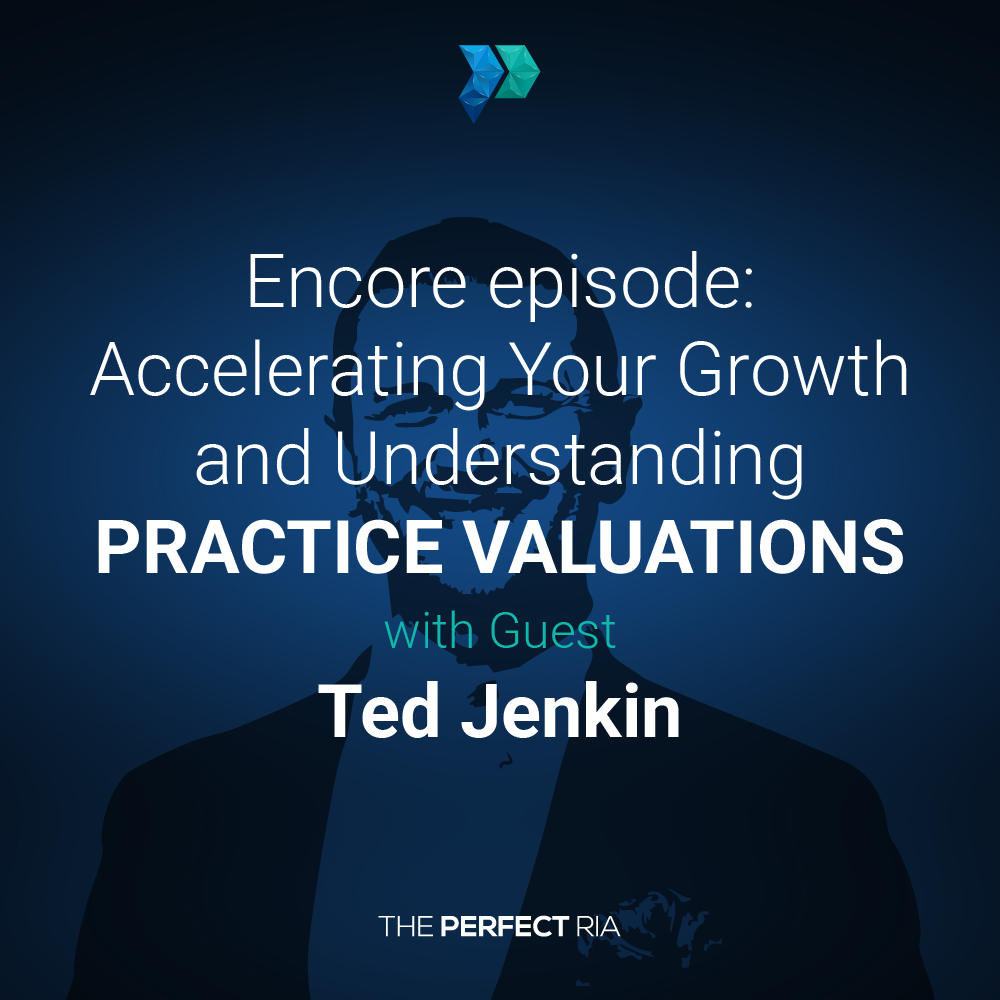What You'll Learn In Today's Episode:
-
- Prioritize client goals over investments
- Streamline the investment review process
- Communicate effectively with clients
- Be intentional and focused in marketing
- Plan business and marketing calendars in advance
Join Amber in this episode of The Perfect RIA as she recaps the week’s essential insights for financial advisors. Discover the significance of prioritizing client goals over investments and delegating investment decisions. Streamline your investment review process and communicate effectively with clients. Learn how intentional and focused marketing efforts can elevate your business planning and the secrets to success by planning your business and marketing calendars in advance. Tune in now for actionable strategies to transform your practice!
Resources In Today's Episode:
Read the Transcript Below:
Hello TPR Nation! This is Amber Kuhn. Thank you for joining me for today’s Follow up Friday where I’ll be recapping this week’s highlights and action items. On Monday, Matt and Micah were talking about investments and how the vast majority of the time you storage spend on this is playing office. So they wanted to share some questions they had recently received from an advisor and TPR member about how to explain investments and talk through this with a client. For both Matt and Micah, investments are the last thing they talk about with a prospect or client and they’re only spending a minimal amount of time on it. And it’s very simple, as they share from our One Page Plan Masterclass, which we do have linked in Monday’s show notes. That investment line basically is build a portfolio that will support your income in retirement. They said advisors forget that clients come to you because they want to delegate these things and know if they’re on track for retirement, so you need to look at the high level and the 30,000 foot view first. Before going into details. Micah said he first needs to know where a client wants to win the five areas of financial planning and then pull investments as a tool to achieve those goals. Investments aren’t the end goal. Matt pointed out how people are bombarded by messaging that they need to trade. But he tells his clients he doesn’t want them to trade he wants them to achieve their goals and to add to this Micah said that hotel clients that they’ll hold the investment as long as it makes sense to do so. But something to be reviewed but not actively traded all the time. Matt said that early on, he thought technical knowledge was everything, but that the longer he practice he realized that how you communicate is everything. Needed to step back and get your clients to step back too and not get into the weeds with things. Micah will talk about his clients benchmark and how it’s aligned with their goals. Matt will talk about how client can win in retirement and for both, they point out how they don’t care about Wall Street making money. So how can you tell if an advisor is playing office in this space. Matt and Micah said: look at how much time you’re spending preparing for your client meetings, how much time you’re spending, reviewing investment performance in detail. Micah said you need to streamline your process so that you’re only looking at the things you need to look at when you’re preparing for a client who look at his bucket reports and make sure that clients are on track with distributions. He also talks in dollars instead of percentages. The guide shifted a bit to talk about advisors who are outsourcing their investment management, but that they don’t understand how much is being paid with this. Basic you can’t gloss over this or say that you don’t pay for this, you will need to look at these costs. So they said we’re advisors are playing offices when they’re reviewing trades. But instead what would be valuable is working on your business and understanding the fee and what the client is getting in return. And as far as clients have preferences for investments, Micah I said, it depends on what those preferences are, but if there are things that you are morally opposed to then don’t do them, but he said he’ll set up an account for play money if a client wants to trade their own accounts. And the requirement for that play money account is that it can get to zero and have no effect on their financial plan. Now if preferences violate their models, that’s also something that they won’t do. Matt recommens that for preferences you ask the client to tell you more about it because they may just be hearing some buzzwords and just sharing that with you. Lets get inon action items. Don’t lie to yourself when you’re doing personal professional development. Make sure that you’re taking action and review your invesment conversation or process and cut that in half. This really needs to be down to two to five minutes. And you need to have time in your calendar when you’re going to review investments. Ideally this is monthly. This should be the only time that you’re doing this when it’s actually scheduled. On Thursday, Jamie is talking about marketing and content calendars and how you have to keep your foot on the gas through out the year. She pointed out that there’s so many things competing for people’s attention nowadays. So with marketing you have to be hyper intentional and focus on what you’re trying to achieve, so you don’t get lost in the masses. Jamie shared that for their marketing channel at Shilanski and Associates they get the inspiration by asking people they want to read, what they want information on and writing down their questions word for word. So one person has that question – then someone else has that question too. And she said you want to use the words that they’re using, because it’s so easy to just want to use that industry jargon. Jaime said you want to communicate with the people you wanna reach in the language they’re speaking. Once you’ve captured that you can then write content around it. And with that content, you can then insert terms that you use, along with the verbiage that person is used to. Jamie talked about how they’re doing their business planning in October and forecasting the marketing calendar for the following year. So they have 10 months worth of information and questions from clients to pull from, along with how people ask questions. So when planning out your content calendar, it all needs to be mapped out in advance. So with surge or vacations, look at how long you’ll be out and have that content complete and in que for your team. As she pointed out that if you’re in a place where you’re excited in that creative space, then use that energy to create your content. Here’s something to consider. You’re not always going to feel inspired, but you need to have time to work on that content blocked out in your calendar. So even if you aren’t inspired or you don’t want to do the content, you need to do it anyway. Because when you have that discipline and consistency that will lead to effective marketing. Let’s get an action items. Make sure that you have your business and development planning scheduled for October and get your marketing calendar planned out for the year in advance and break that down by quarter and what you’ll focus on during that quarter. You just pick one thing to talk about each month and don’t overcomplicate it, but make sure that you are doing it consistently. Before you go TPR Nation, if you’re looking for an opportunity to learn in person from Matt and Micah, be sure to join us this September at TPR Live in Arizona. Visit theperfectria.com/live for more information and to save your spot. That wraps up this week’s recap. Thank you for joining me and please share this or any of our episodes with another advisor or team member that you think might benefit from listening. And be sure to subscribe to The Perfect RIA podcast so you don’t miss an episode. Until next time, happy planning!
Recommended Podcast

Navigating Client Mistakes: A Guide for Advisors [Episodes 316]
Mistakes happened, now what?
See More
Encore Episode: Accelerating Your Growth and Understanding Practice Valuations with Guest Ted Jenkin
elements that can make or break a potential sale
See More
From Business to Freedom With Jerome Myers [Episode 315]
The Importance of Post-Exit Planning
See More




